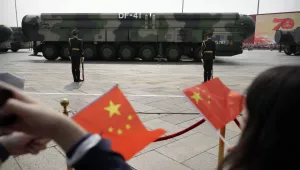International Security is America's leading peer-reviewed journal of security affairs.
Summary
How do states use economic-security linkages in international bargaining? Governments can provide economic benefits as a side payment to reinforce security cooperation and use close security ties as a source of bargaining leverage in economic negotiations. Domestic political pressures, however, may constrain the form of linkage. First, economic side payments are more likely to be chosen in areas that will not harm the key interests of the ruling party. Second, involvement by the legislature pushes governments toward using security ties as bargaining leverage for economic gains. Evidence from negotiations between Britain and Japan during the Anglo-Japanese alliance of 1902 to 1923 supports the constraining role of domestic politics. Economic-security linkages occurred as Britain gave favorable economic treatment to Japan in order to strengthen the alliance. Economic competition between the allies, however, made it difficult for Britain to grant asymmetrical economic benefits. In tariff negotiations where business interests had more influence in the domestic policy process, the alliance was used as leverage to force reciprocity.
Davis, Christina L.. “Linkage Diplomacy: Economic and Security Bargaining in the Anglo-Japanese Alliance, 1902–23.” Winter 2008/09
The full text of this publication is available in the link below.



